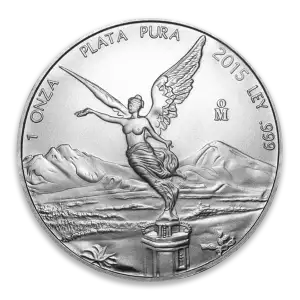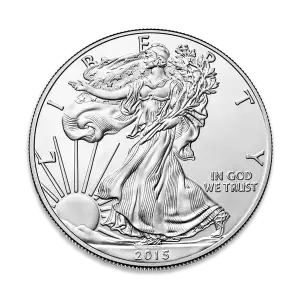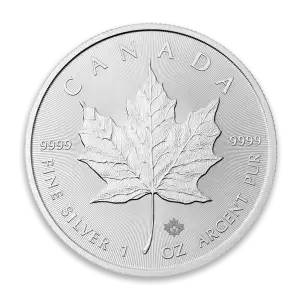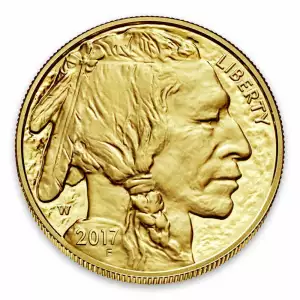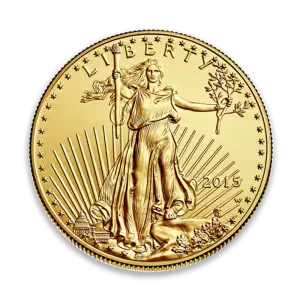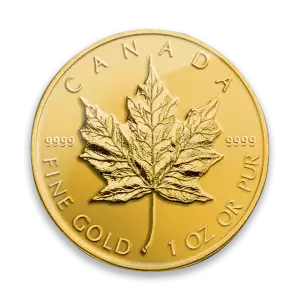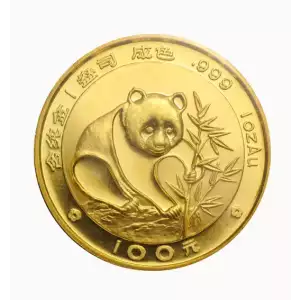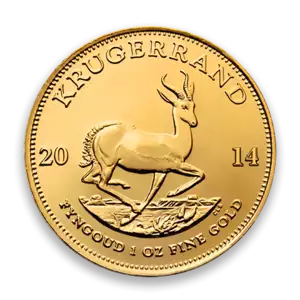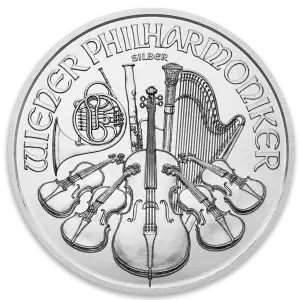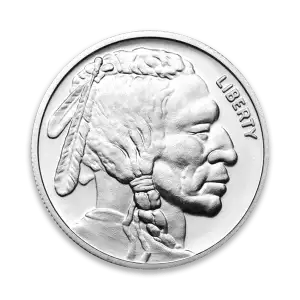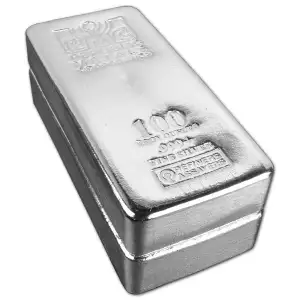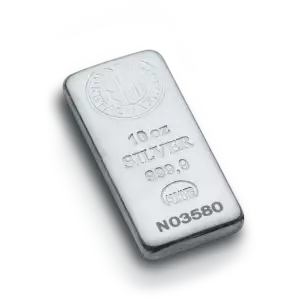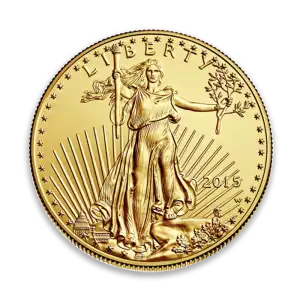Smart Tips for Online Silver Coin Purchases
Investing in silver has long been a popular choice for both beginners and seasoned investors. It’s more affordable than gold, offers strong historical performance, and serves as a tangible hedge against inflation and economic uncertainty within the precious metals market. Silver's role in the precious metals market is significant due to its increasing industrial demand and its potential for price rises during economic downturns. Thanks to the internet, buying silver coins online is now easier than ever - but it’s important to know what you’re doing.
In this online silver coin purchase guide, we’ll walk you through everything you need to know to shop with confidence and avoid common pitfalls.
Investing in Silver
Investing in silver can be a great way to diversify your investment portfolio and protect against economic turmoil. Silver is a precious metal that has been used as a form of currency and store of value for centuries. There are many ways to invest in silver, including buying physical silver coins, bars, and rounds, as well as investing in silver ETFs, stocks, and futures contracts. When buying silver, it’s essential to understand the different types of silver investments available, including silver coins, silver bars, and silver bullion. Silver coins, such as the American Silver Eagle, are a popular choice for investors due to their ease of recognition and government guarantee. Silver bars, on the other hand, are often preferred by investors who want to buy larger quantities of silver at a lower premium.
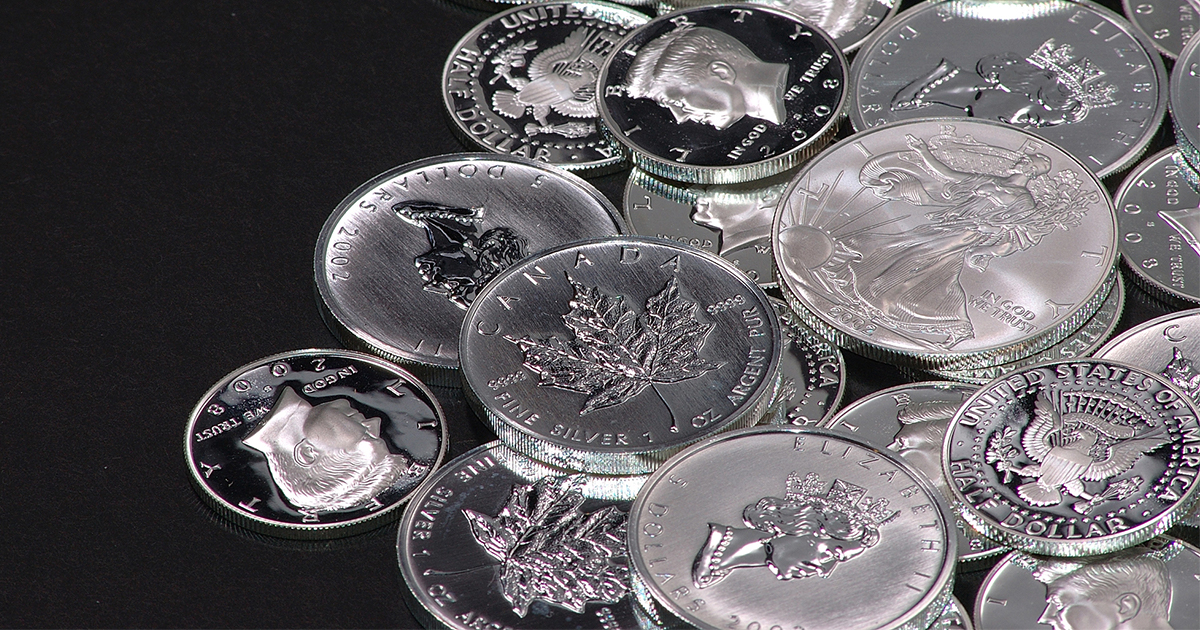
Why Buy Silver Coins?
Before diving into online purchases, it’s worth understanding why silver coins make a smart investment: When you decide to buy physical silver, consider factors such as costs, choosing a trustworthy dealer, storage strategies, and the complexities of maintaining physical silver compared to alternatives like ETFs.
- Tangible Asset: Unlike stocks or bonds, silver coins are a physical asset you can hold in your hand.
- Hedge Against Inflation: Silver has historically been a reliable hedge against inflation. The consistent increase in silver prices since the year 2000 has led to a growing interest in purchasing silver coins and bullion.
- Liquidity: Silver coins are highly liquid and can be easily sold or traded.
Affordability
- Silver is significantly less expensive than gold, making it accessible to more investors. However, certain types of silver, such as collectible coins, may carry higher premiums due to their rarity.
Tangible Asset
- You physically own your investment—no digital tokens or third-party obligations. Similarly, just like physical gold, silver provides a tangible asset that you can hold and store securely.
Hedge Against Inflation
- Silver retains purchasing power over time, especially during economic downturns. Additionally, silver can provide protection against potential failures of the financial system, acting as a safeguard against inflation and currency devaluation in an increasingly digital economy.
Portfolio Diversification
- Adding precious metals to your portfolio can reduce risk and increase resilience. Investing in silver can also serve as a hedge against fluctuations in other markets.
Understanding Silver Investments
Silver investments can be categorized into several types, including physical silver, silver ETFs, and silver mining stocks. Physical silver refers to the actual metal, which can be purchased in the form of coins, bars, or rounds. Silver ETFs, such as the iShares Silver Trust, allow investors to gain exposure to the price of silver without having to physically hold the metal. Silver mining stocks, such as those offered by companies like Wheaton Precious Metals, provide investors with indirect exposure to the price of silver by investing in companies that mine the metal. When investing in silver, it’s crucial to consider factors such as the spot price of silver, market trends, and the reputation of the seller. Investors should also be aware of the numismatic value of certain silver coins, which can affect their price and desirability.
Types of Silver to Consider
Not all silver products are created equal. Here’s a breakdown of the most common types:
Understanding the market price is crucial when buying and selling silver bullion, as collectible coins and other forms of silver can command a significant premium over the market price due to their numismatic value. Additionally, investment grade bullion, which is typically 99.9% pure, is a viable form of investment for those interested in precious metals. It is available in different forms, such as bars and coins, and can be acquired from reputable sources.
Silver Coins
- Government-issued, legal tender.
- Examples: American Silver Eagle, Canadian Silver Maple Leaf.
- Typically come with guaranteed purity and quality.
- Bullion coins are known for their high purity, legal tender status, and ease of recognition, making them a popular choice for investors.
Silver Rounds
- Private mint products.
- No face value, but often lower premiums.
- Produced by private mints, silver rounds are valued by investors for their unique designs and as an alternative form of investment-grade silver.
Silver Bars
- Best for bulk investment.
- Available in a variety of weights (1 oz to 100 oz+).
- Smaller units of silver bars are typically sold at a significant mark-up compared to larger bars.
Pro Tip:
If you're a first-time buyer, start with recognizable, government-minted coins for their ease of resale and established market value.
Buying Silver Coins Online: What You Need to Know
1. Choose a Reputable Dealer
- Look for positive reviews, industry certifications, and transparent policies.
- Avoid websites that seem suspiciously cheap or lack contact information.
- Consult a certified financial advisor for guidance on purchases. A financial advisor can help you navigate the complexities and potential risks involved in investing in physical silver, and direct you toward trusted dealers.
2. Understand Pricing
- Know the spot price of silver (market value) and how much premium is being charged. Understand how the silver price influences the pricing of silver coins, including the impact of taxes and fees.
- Premiums vary based on rarity, mintage, and demand.
3. Payment & Shipping
- Stick to secure payment methods: credit cards, PayPal, or wire transfers.
- Confirm insurance and tracking on all shipments.
- Understand the money required for transactions, including payment for stocks, shipping fees, and premiums over the spot price.
Red Flags to Avoid
- Unrealistically low prices.
- No SSL certificate (check for the padlock in the browser bar).
- Vague or missing return/refund policy.
- Certain types of silver, such as collectible coins, may carry higher premiums due to their rarity. Be cautious of local coin shops that may have higher premiums compared to other purchasing methods.
Avoiding Counterfeit Silver
When buying silver, it’s essential to be aware of the risk of counterfeit coins and bars. Counterfeit silver can be difficult to detect, but there are several steps investors can take to minimize the risk. One way to avoid counterfeit silver is to buy from reputable dealers who have a track record of selling authentic silver products. Investors should also be wary of deals that seem too good to be true, as these may be indicative of counterfeit silver. Additionally, investors can use tools such as a magnet or a scale to test the authenticity of their silver coins and bars. It’s also important to check the silver content and purity of the coins or bars, as well as the manufacturing costs and premiums associated with them.
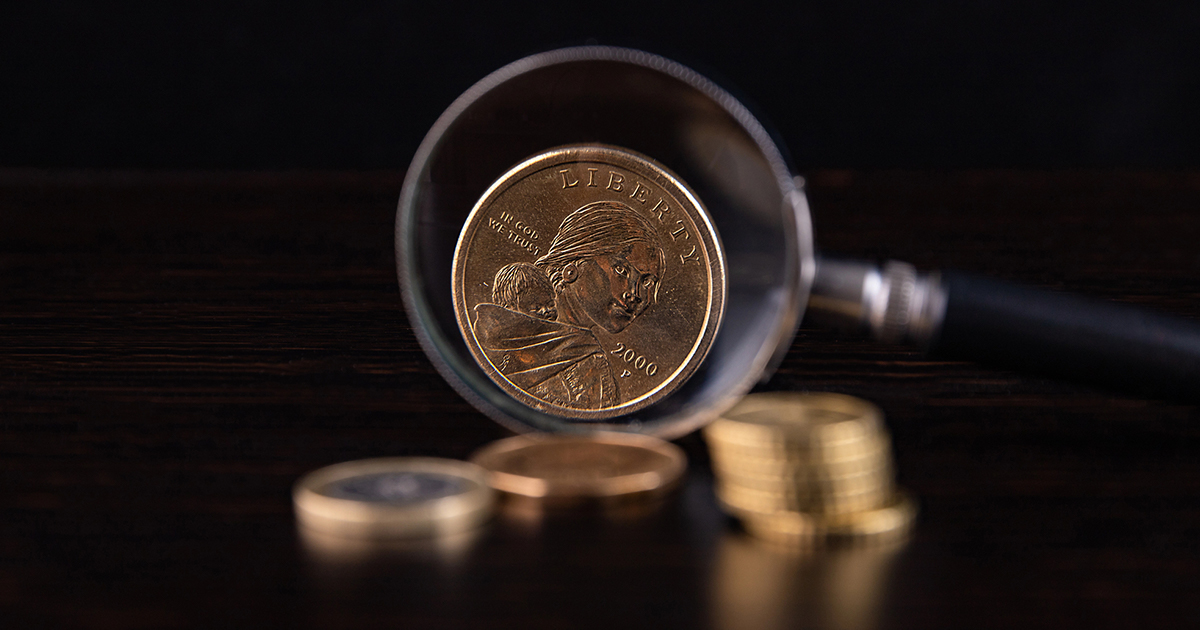
Cost and Fees
The cost of buying silver can vary depending on the type of investment and the seller. Physical silver coins and bars typically carry a premium over the spot price of silver, which can range from a few percent to 10% or more. Silver ETFs and mining stocks may also carry fees, such as management fees or brokerage commissions. When buying silver online, investors should also consider shipping costs and the cost of storing their silver. Some dealers, such as BullionVault, offer secure storage options for silver investors, which can provide peace of mind and protect against theft or loss. Investors should also be aware of the market trends and price movements of silver, as well as the economic turmoil and financial crisis that can affect the price of silver. By understanding the costs and fees associated with buying silver, investors can make informed decisions and avoid unnecessary expenses. Furthermore, investors should consider the intrinsic value of silver, its industrial applications, and its potential as a safe-haven asset during times of economic uncertainty.
Tips for First-Time Silver Buyers
If you’re new to silver investing, these tips will help you avoid costly mistakes:
- Start Small - Get familiar with the market by buying a few 1 oz coins.
- Stick to Popular Coins - Easier to sell and widely recognized.
- Compare Dealers - Check product availability, shipping fees, and return policies.
- Ask Questions - A good dealer will gladly educate you.
- Look for Volume Discounts - Some dealers offer better pricing on bulk orders.
- Define Your Investment Goals - Understanding your investment goals, such as retirement planning or risk hedging, is crucial. These goals will influence your choice of silver investment strategies and the level of risk you are willing to take.
Where to Buy: Choosing a Trusted Silver Dealer
Not all online dealers are created equal. Here’s what sets the best apart:
Silver dealers play a crucial role in setting prices for silver coins and bullion, influenced by the fluctuating silver spot price.
Look for:
- Established reputation and years of service.
- Clear communication and customer service.
- Transparent product listings and fair pricing.
- Real-time silver pricing based on the spot market.
- Understanding silver's role as a diversification asset in investment portfolios.
Why Choose Copper State Coin & Bullion?
At Copper State Coin, we bring decades of experience in buying, selling, and appraising silver and other precious metals. Our trusted reputation, competitive pricing, and top-tier customer service make us a go-to choice for online silver coin purchases.
View Our Silver Coin Selection
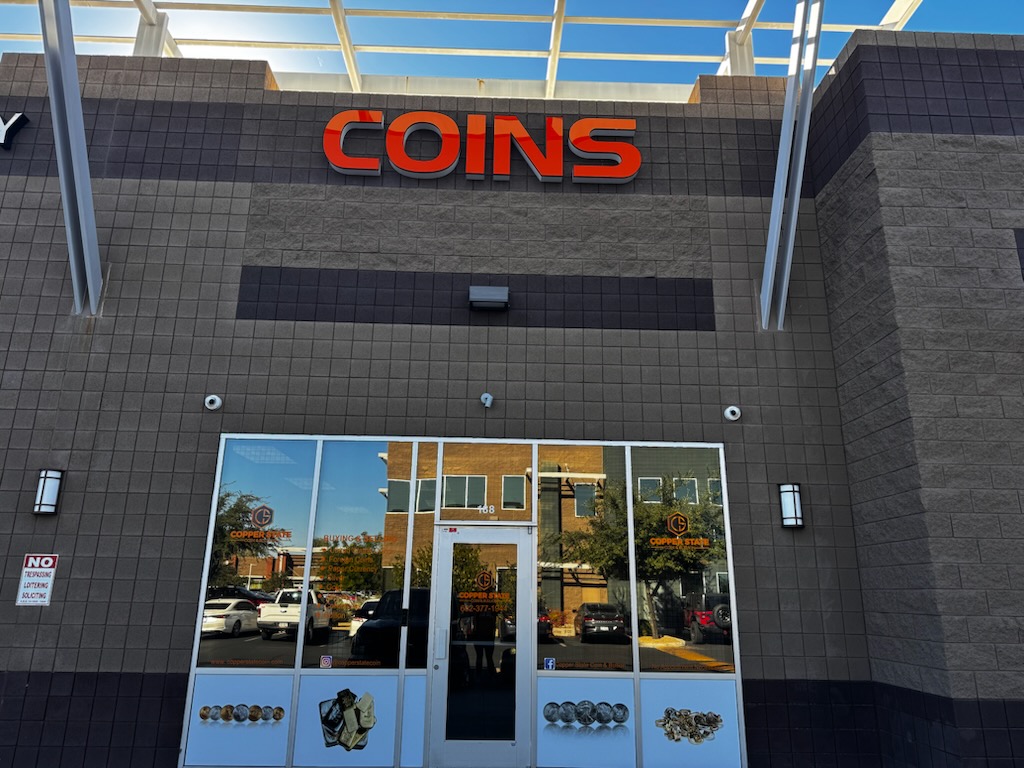
Storing Your Silver Safely
Once your silver arrives, make sure it’s well protected:
Investing directly in physical metal, such as silver bars and coins, is crucial. This ensures you own tangible assets that can fluctuate in value, offering both security and potential for growth.
Home Storage Tips
- Invest in a fireproof safe.
- Keep purchases discreet.
- Consider insurance coverage.
Third-Party Vaults
- Secure and insured storage facilities.
- Offered by some dealers for a fee.
- Trading silver futures contracts can provide a way to gain exposure to silver. However, it's important to understand the potential risks and rewards associated with these contracts compared to traditional buy-and-hold investments.
Legal & Tax Considerations
Capital Gains Tax
- Profits from selling silver may be taxable as capital gains.
- Keep purchase records for accurate reporting.
- When comparing the costs of different forms of silver bullion, consider the same amount of silver in each form. This helps evaluate the live prices and purchasing options for VAT-exempt silver.
Sales Tax
- Varies by state-some exempt bullion, others don’t.
- Check Arizona’s tax laws or those of your shipping destination.
- Investing in silver jewelry can be challenging due to the subjective nature of its craftsmanship and the potential inclusion of other metals to enhance durability.
Final Thoughts: Buy Silver with Confidence
Whether you're protecting your wealth or starting a new investment journey, buying silver coins online is a convenient and rewarding option - when done right. Use this guide to make informed decisions and avoid the pitfalls that trip up new investors.
And remember: a trusted dealer makes all the difference.
FAQs
Q:Is it safe to buy silver coins online?
A:Yes - if you buy from a reputable, established dealer with secure payment options.
Q:How do I know if a silver coin is real?
A:
Buy from trusted sources and look for coins with guaranteed purity and weight (e.g., “.999 fine silver”). The size and value of silver coins are often defined in troy ounces, which is a standard measurement used in the precious metals market.
Q:What’s the best silver coin for beginners?
A:The American Silver Eagle or Canadian Maple Leaf are top choices for first-time investors.
Additionally, silver's role as a diversification asset in investment portfolios makes it an attractive option for those looking to hedge against economic uncertainties.
Q:How much silver should I buy?
A:That depends on your financial goals. Many investors start with a few ounces per month and scale up over time.

